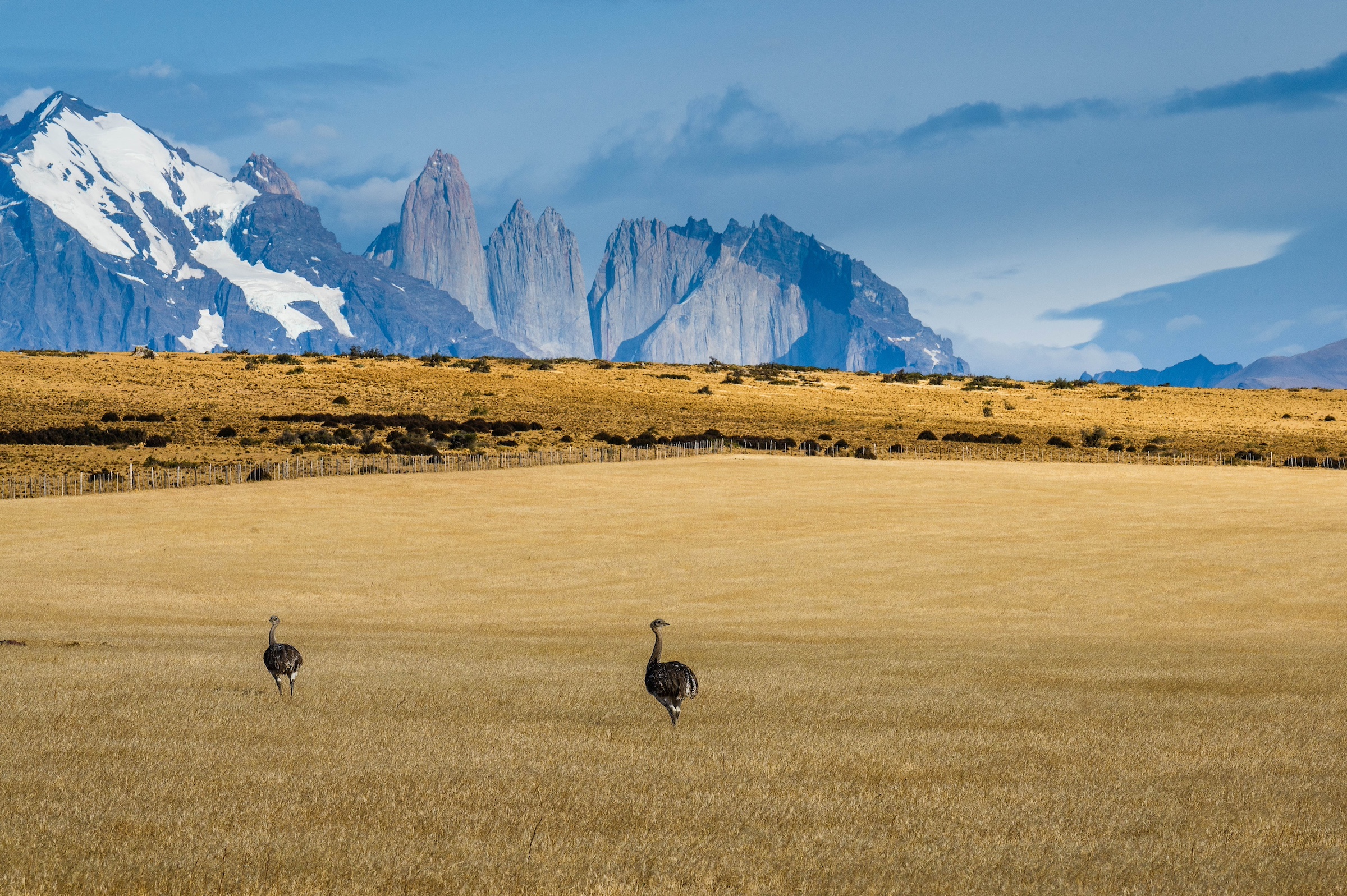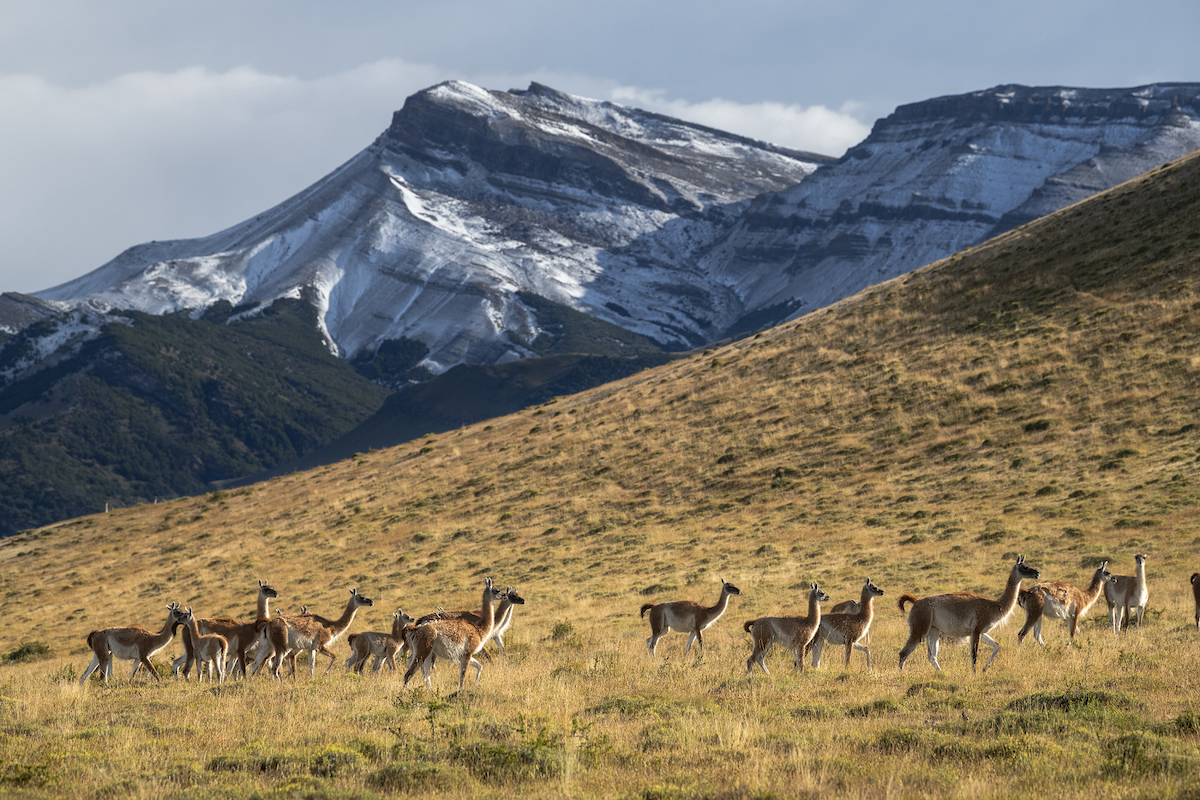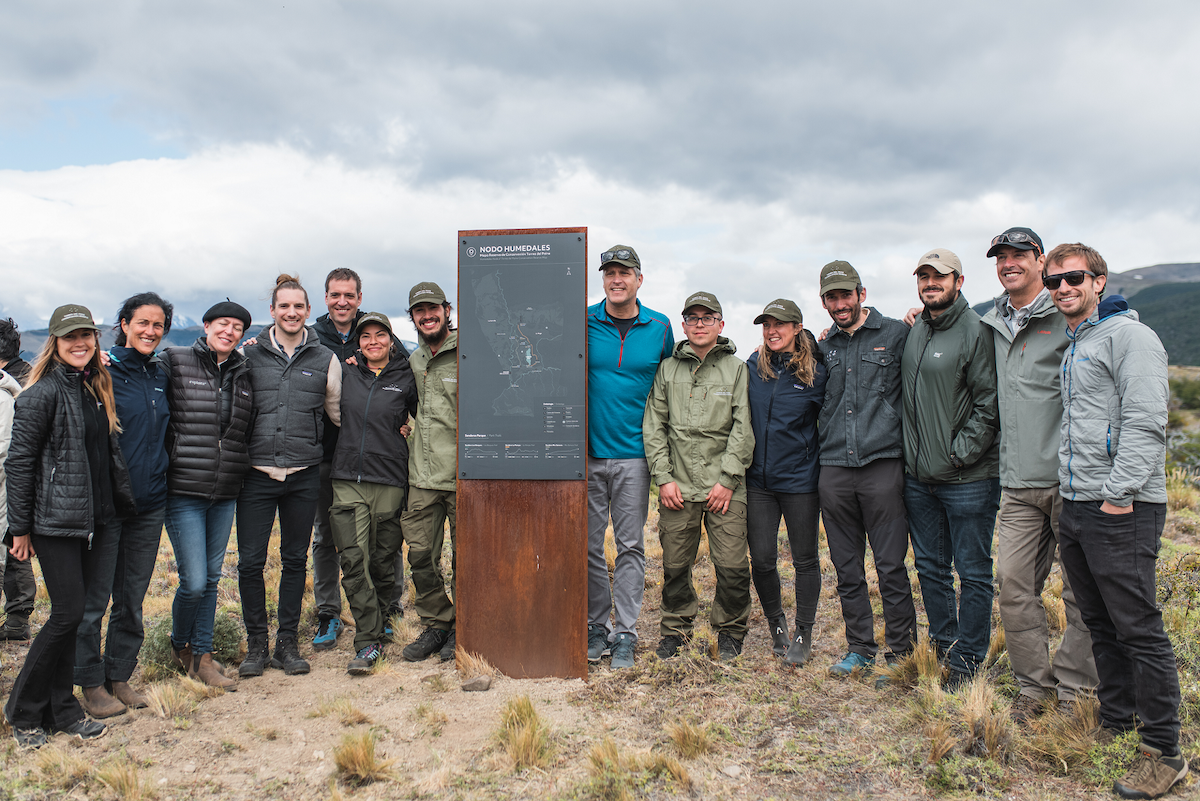Staying in Touch with Conservation
Words from Explora, our 2023 PURE Award Winner
Getting people to care about anything they can’t see, smell or touch is tough. Remember all those articles about cloud computing seven years ago? Nope. Neither do we.
The same can be said of conservation — the wildest, strangest parts of our world, which must be protected at all costs. While plenty of travellers say they care about conservation, it’s rarely the first thing they look for on the road or runway. We might imagine how soft a pillow is, but not where its feathers came from. Because we haven’t experienced preservation (and what it takes) firsthand.
Explora is changing this perception through five-star travel, putting nomads literally in touch with protected habitats. For three years, they’ve been strengthening a business model that supports beautiful areas under threat — by bringing guests right inside them. It’s led to their incredible win at PURE 2023, where they took home our coveted Conservation Award.
We grabbed half an hour with Explora Conservation Reserves manager, Nicolás Vial, to learn how the industry can fund and spread awareness about these extraordinary regions.


The model and the impact
Explora is primarily a collection of luxury lodges in South America. But in 2018, Nicolás and his colleagues had a big idea. “What if our purpose became ‘exploring remote countries as a journey to conservation’?” he tells us. “We need to protect the territories we operate in. If there’s no Atacama Desert, for example, we don’t have a hospitality business.”
So, they began to encourage exploration first, before anyone could connect with their land. To take their guests deeper into the wild until they found more appreciation for it. Nothing quite embodies experiential travel better.
By 2020, Explora had reached out to The Nature Conservancy (TNC), and launched a plan for investment. How? Through endowments and rental fees.
“It works like this — we invite 100 investors to the project. When they buy a share, they become part-owner of that reserve. And with that cash, we create an endowment that finances all conservation efforts with tax breaks and resource benefits.”
Those initial 100 members will support the Torres del Paine reserve. Overall though, Explora has managed to protect 13,000 hectares in Patagonia and Atacama. People arrive, stay in close-knit lodges, and wander fields, forests and mountains with a guide. They feel the breeze. Brush the grass. Truly experience the space. Then come back for more, because they know it now.

Clear a path for collaboration
“It’s not always clear what conservation means,” Nicolás stresses. “Some people believe that it’s about closing a place and letting nature thrive alone, or combining it with economic and socio-political structures. But we need to explain our understanding . . . And that’s where the TNC has been great. They’re helping us break resistance between the private sector, public sector and NGOs, which are often hesitant to work together.”
Ahhh, tension in the chain — we’ve been here before. Yet Nicolás believes that more people are coming to grips with how to do good and do business simultaneously. “If you’re an NGO, you’re probably looking at private companies as the enemy. Then the public sector doesn’t have the cash. They need to partner with someone who knows how to [bridge these aims]. We’re even trying to help them with the paperwork!”
As the general public looks for the green light in more and more businesses, proving your eco credentials — as a company or investor — is increasingly important. Projects like Explora’s allow these interests to mix and make a return.

Keep it simple, Cupid
If you’re a conservation matchmaker, it’s easy to create more work for yourself. Nicolás admits to overcomplicating things: “We have an LLC in the U.S., a special purpose vehicle for Chilean land, and since we manage private offerings, we have to comply with tons of laws and regulations.”
Bureaucracy is part of this brave new world, but it could be simpler. “We’re closing the door to a lot of people who want to participate in a smaller way. So, we needed to structure all of this with fixed prices for fixed shares. It’s less flexible than I would have liked.”
On the other hand, demonstrating strict criteria has shown investors that Explora and its partners (including, most recently, Microsoft) are serious about working together. Often, politicians and business leaders are assumed to be in their own worlds. Sometimes sharing a buffet table.
“It’s also not easy to convince someone how these territories are being impacted in real time,” Nicolás says. “In 10 years, not a hundred, how will they look? […] NGOs should work with companies and governments on their campaigns.”
Talking on arrival is good, too. When you journey to an Explora lodge in Patagonia, for instance, you don’t just light a fire — you learn about the last fire that swept the landscape. Why it happened. How you can prevent it. “Then we try to generalise that, like, when you’re home again, keep that in mind.”
Distance? Pah. It’s only a feeling.
Read more about Explora Conservation Reserve’s award, and the rest of our PURE 2023 winners, here.